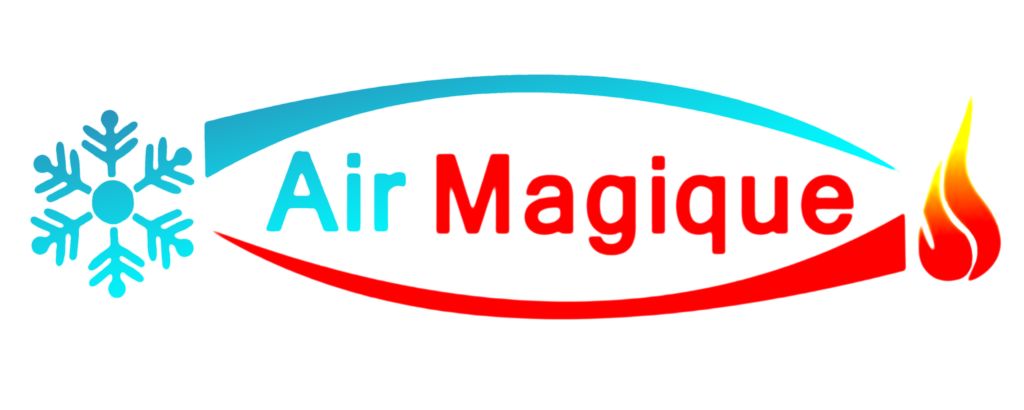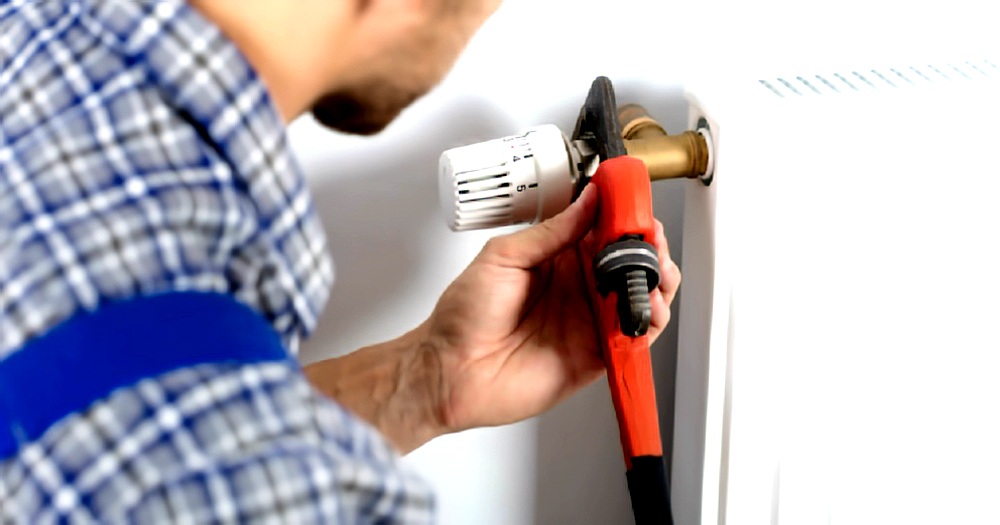As the seasons change and temperatures drop, it’s important to understand the impact that weather can have on heating systems. Extreme temperatures can put a strain on heating systems, leading to inefficiency, breakdowns, and even potential safety hazards. In this blog post, we will discuss the effects of weather on heating systems and provide tips on how to prepare for extreme temperatures.
- Understanding the Effects of Cold Weather on Heating Systems
Extremely cold weather can have several effects on heating systems:
- Reduced Efficiency: Cold temperatures make it harder for heating systems to produce and maintain the desired indoor temperature, leading to increased energy consumption and higher utility bills.
- Increased Wear and Tear: Heating systems often work harder in extreme cold to compensate for the temperature difference, which can lead to accelerated wear and tear on components.
- Frozen Pipes: Extremely low temperatures can cause pipes to freeze, leading to damage and potential leaks in the heating system.
- Malfunctioning Thermostats: Drastic temperature fluctuations between the indoors and outdoors can cause thermostats to malfunction, resulting in erratic or unreliable temperature control.
If you need any heating repair service, such as radiator repair, call Air Magique right now!

- Tips for Preparing Your Heating System for Extreme Temperatures
To ensure that your heating system performs effectively during extreme temperatures, follow these tips:
- Schedule Regular Maintenance: Regular maintenance by a professional HVAC technician is crucial to keep your heating system in optimal condition. This includes checking for leaks, cleaning or replacing air filters, lubricating moving parts, and testing thermostat accuracy.
- Insulate Your Home: Proper insulation helps retain heat and reduce the workload on your heating system. Seal any drafts around windows and doors, insulate walls and attics, and consider using window coverings or draft stoppers.
- Protect Your Pipes: Prevent frozen pipes by insulating them with pipe sleeves or using heat tape. In extremely cold weather, leaving faucets dripping slightly can also help prevent freezing.
- Program Your Thermostat: Use a programmable thermostat to adjust temperatures based on your daily routines. Lowering the temperature when you’re away or sleeping can help save energy and reduce strain on the heating system.
- Monitor HVAC Settings: Ensure that your HVAC settings are appropriate for the weather conditions. Avoid setting the thermostat too high, as this can put excessive strain on the system and lead to inefficiency.
Conclusion
Extreme temperatures can have a significant impact on heating systems, affecting their efficiency and potentially causing breakdowns. By understanding these effects and taking proactive measures to prepare your heating system for extreme temperatures, you can ensure its optimal performance and extend its lifespan. Don’t forget to schedule regular maintenance with a professional HVAC technician to keep your heating system running smoothly throughout the winter months. Stay warm and cozy while weathering the cold!


